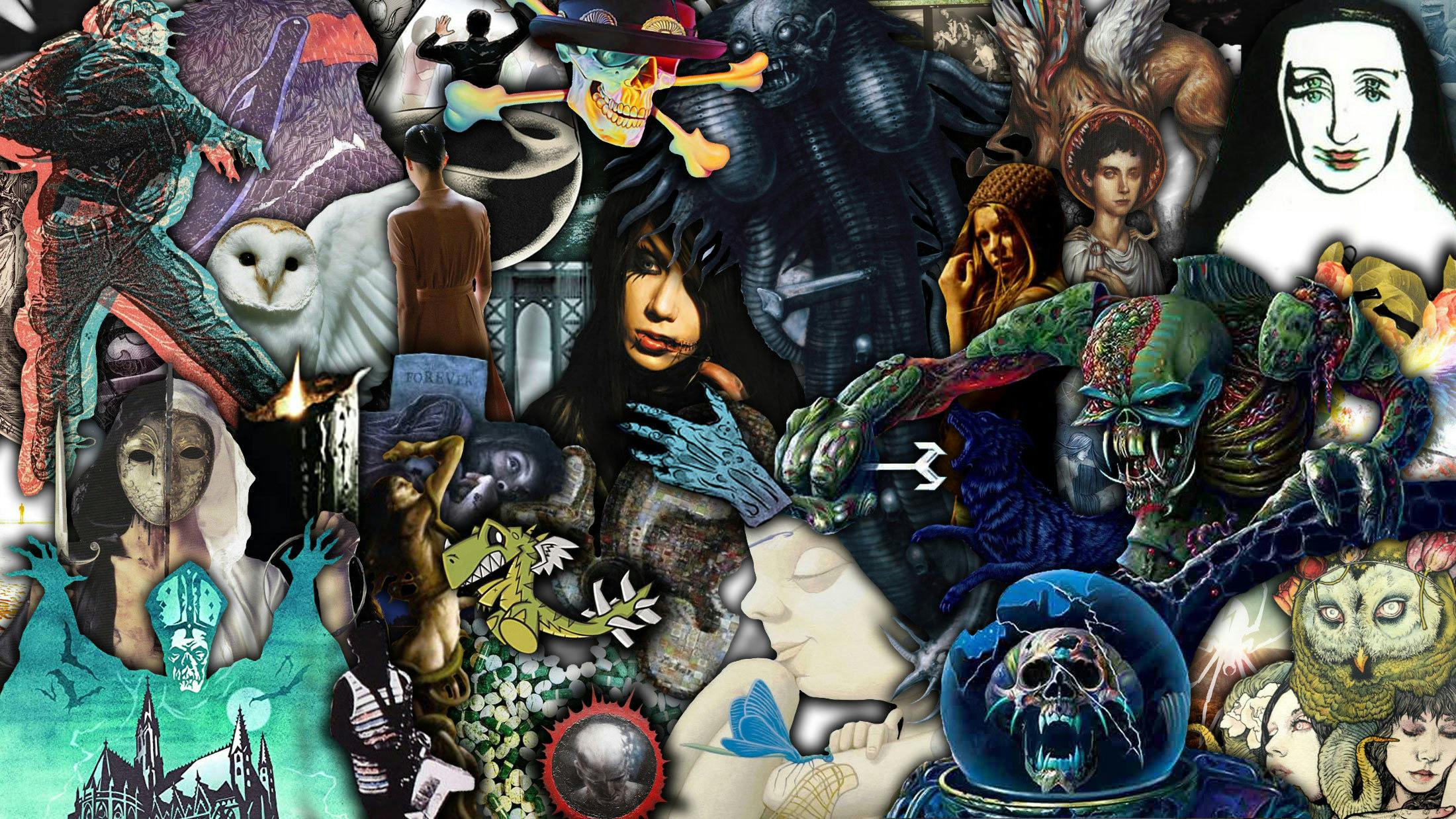It feels absolutely bamboozling that 2010 was a whole decade ago. From the devastating Haitian earthquake and Chilean miner’s miracle to the vuvuzela-infested South African Football World Cup and spiralling Wikileaks fiasco, there was plenty – good, bad and downright ugly – to stick in the memory.
In terms of rock music, though, it was a resounding annus mirabilis. As the pop-punk and metalcore trends that had dominated the ’00s had stagnated, we saw a return to a truly alternative sound. Whether in the establishment of new artists who would go on to dominate (Ghost, Kvelertak, The Menzingers, letlive.), in the daring diversification of existing heavyweights (Linkin Park, My Chemical Romance, Bring Me The Horizon), or in the return to form of the most reliable standard-bearers (Deftones, Avenged Sevenfold, Jimmy Eat World), rock music was exciting, thought-provoking, thoroughly alive.
Ten years down the line, many of those albums have been heightened by retrospect: love, loss and the inexorable artistic evolution of our greatest performers all impacting the contemporary listening experience. It’s fascinating to think how these records shaped sounds – and attitudes – today. Which of this Top 50 do you still have on heavy rotation? And which rippers have we missed? Let us know in the comments…
